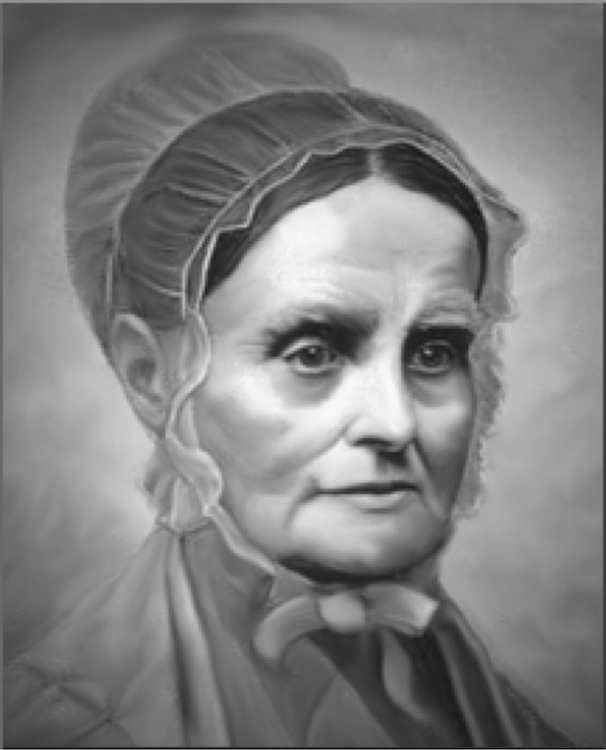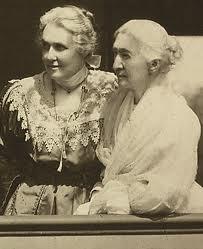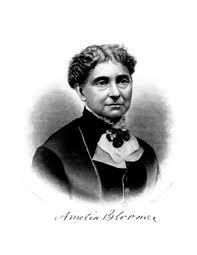Quaker Feminist and Social Activist Lucretia Mott (1793-1880) was a Quaker minister, abolitionist and social reformer who dedicated her life to the goal of human equality. Mott was a major figure in the reform movements of the nineteenth-century: abolition, women’s rights, school and prison reform, temperance, peace and religious tolerance. Childhood and Early Years Lucretia Coffin was born on January 3, 1793 on the island of Nantucket, Massachusetts, the second of eight children born to Thomas and Anna Folger Coffin. At the age of thirteen, Lucretia was sent to the Nine Partners Quaker Boarding School in Millbrook, New York. There she learned of the horrors of slavery from visiting lecturers such as Elias Hicks, a well-known Quaker abolitionist.



